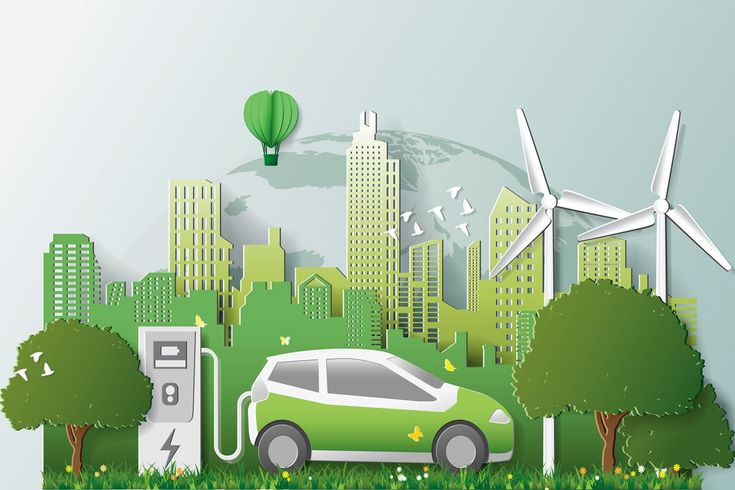Hybrid electric vehicles (HEVs) have become a popular choice for eco-conscious drivers looking to reduce fuel consumption and carbon emissions. However, one question that often arises is whether hybrid electric vehicles are as reliable as traditional gas-powered cars or if they break down more frequently. Let’s delve into this topic by examining the key factors that influence vehicle reliability and performance.
Understanding the Differences Between HEVs and Gas-Powered Vehicles
Before comparing breakdown rates, it’s essential to understand the fundamental differences between hybrid and gas-powered vehicles:
- Hybrid Electric Vehicles (HEVs): These vehicles combine an internal combustion engine (ICE) with an electric motor and battery. They rely on both gasoline and electricity for power, offering improved fuel efficiency.
- Gas-Powered Vehicles: These vehicles rely solely on an internal combustion engine fueled by gasoline or diesel.
The added complexity of hybrid systems introduces new components, such as the battery pack, electric motor, and power control unit, which can impact reliability.
Reliability of Hybrid Electric Vehicles
- Breakdown Rates:
- Studies and reports from consumer organizations like J.D. Power and Consumer Reports indicate that hybrid vehicles are generally reliable and do not break down more often than gas-powered vehicles.
- Hybrid systems are designed with durability in mind, and manufacturers typically provide extensive warranties on hybrid components, such as the battery and electric motor.
- Maintenance Requirements:
- Hybrids often require less maintenance for the internal combustion engine due to reduced usage. For example, the engine may not run continuously, which can extend its lifespan.
- Components like regenerative braking systems reduce wear and tear on brake pads, lowering maintenance needs.
- Common Issues:
- Battery-related concerns: The high-voltage battery in hybrids can degrade over time, but modern advancements have significantly improved battery life. Many batteries last well beyond 100,000 miles.
- Software and electronic failures: As hybrids rely on sophisticated electronics, issues with software or sensors may occasionally arise.
Reliability of Gas-Powered Vehicles
- Breakdown Rates:
- Gas-powered vehicles have fewer electronic components, which can reduce the risk of certain types of failures. However, the internal combustion engine has many moving parts that are prone to wear and tear.
- Over time, components like the transmission, fuel system, and exhaust system may require repairs or replacements.
- Maintenance Requirements:
- Gas-powered vehicles often require regular maintenance, such as oil changes, spark plug replacements, and timing belt adjustments.
- These maintenance tasks are more frequent compared to hybrids, which rely less on their ICE.
- Common Issues:
- Engine and transmission failures: Prolonged use without proper maintenance can lead to costly repairs.
- Fuel system issues: Problems with fuel injectors or pumps can lead to breakdowns.
Comparing Long-Term Costs and Reliability
- Cost of Ownership:
- Hybrid vehicles may have higher upfront costs due to their advanced technology, but their long-term fuel savings and lower maintenance costs often offset this.
- Gas-powered vehicles may be cheaper initially, but they typically incur higher maintenance and fuel costs over time.
- Lifespan:
- Both hybrids and gas-powered vehicles can last over 200,000 miles with proper care. Hybrid-specific components, such as the battery, are designed to last the life of the vehicle in many cases.
- Warranty Coverage:
- Most manufacturers offer extended warranties for hybrid components, providing added peace of mind for hybrid owners.
Conclusion
Hybrid electric vehicles do not inherently break down more often than gas-powered vehicles. In fact, hybrids can be more reliable in some aspects due to reduced engine wear and innovative technology. While hybrids introduce new components like batteries and electric motors, advancements in engineering have made these systems robust and durable.

